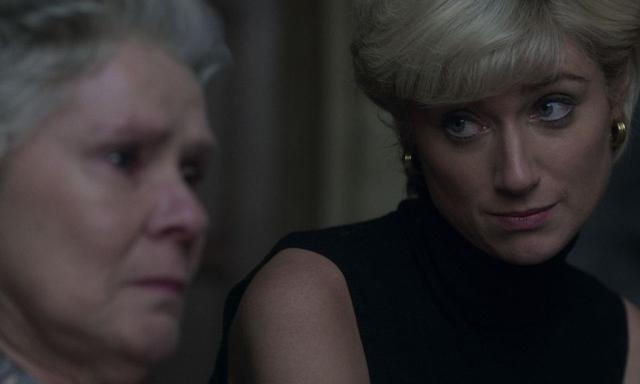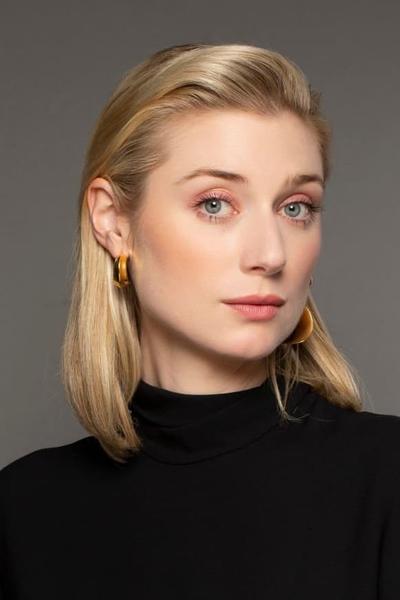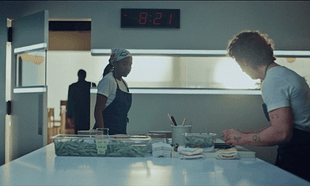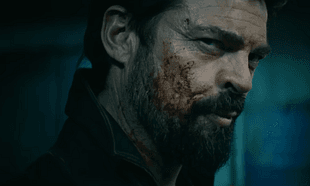'The Crown' has always been synonymous with highly polished, elegantly staged, ardently elevated melodrama.
The opening seasons, with a star-making performance for Claire Foy and Vanessa Kirby, were provided with a rich backdrop to their stories. You had the end of World War II, the death of Winston Churchill (played with gusto by John Lithgow), you had the Suez Crisis, and you even had the dawn of television itself. By the time Oscar-winner Olivia Colman stepped into the role, the series took sharp turns into political skulduggery, even throwing Charles Dance into the mix as Lord Mountbatten. Indeed, one of the best scenes in the series sees Dance lead an audience of retired British Army officers in a rendition of Kipling's 'Mandalay' as an analogue for faded colonial glory.
Of the four episodes of the final season, the final days of Diana are the focus. There's a brief interlude in the first episode where Charles urges his mother to attend Camilla Parker-Bowles' fiftieth birthday, but rejects because she - the Queen - still does not approve of their relationship, and blames Charles for the discontent and the divorce. Yet, by the end of the episode, the thing seems happily settled with a trite enough phone call. The rest of the four episodes are devoted to the whirlwind relationship between Diana and Dodi, but also the media storm that carried them into people's houses. It's a tricky thing to navigate. On the one hand, this very series is a part of the fascination. Yet, it makes a point of pointing out how the paparrazi were making fortunes from their photographs.
After that, however, there are massive leaps and bounds when it comes to what went on behind the scenes. Mohammed Fayed, played by Salim Dau, is portrayed as an overbearing interferer of a father to Dodi. Peter Morgan's script argues that the elder Fayed urged his son to seduce Diana as to as to finally receive the legitimacy of British royal society that he so far has been excluded from. Not only that, Dodi himself is seen as a listless manchild than anything else. The only one who seems to have any kind of bearing on the whole thing is Elizabeth Debicki's Diana. Indeed, Debicki's performance is the one saving grace in an otherwise misguided attempt to round out the series once and for all.
Where 'The Crown' really loses it, however, is in the final episode as Dodi and Diana appear as essentially spirits to those in their lives. Diana and Charles share a tearful farewell aboard the flight home from Paris, while Elizabeth trades a barb with her about turning Buckingham Palace upside down and inside out. Meanwhile, Dodi appears to his father and attempts to soften the blow of his death by making him more proud of his Arab roots. The whole thing just falls totally flat, and comes across as deeply insincere. While there's always an element of dramatic licence and a pinch of salt with 'The Crown', this finale feels like it requires a salt mountain and a giant disclaimer right at the top of each episode.
When compared to the subtle turns of phrase and the austere, elegant drama of the beginning, the end of 'The Crown' turns it all into a glossy, vapid affair. If that's the point of this all, that there's a loss of meaningful influence and a turn towards tabloid sensationalism within royalty itself, then it's made with little to no finesse whatsoever. That one of Netflix's jewels should end on such a dull note speaks volumes to how far the streaming service's discernment and quality has fallen. Maybe it was ever thus.




















































































